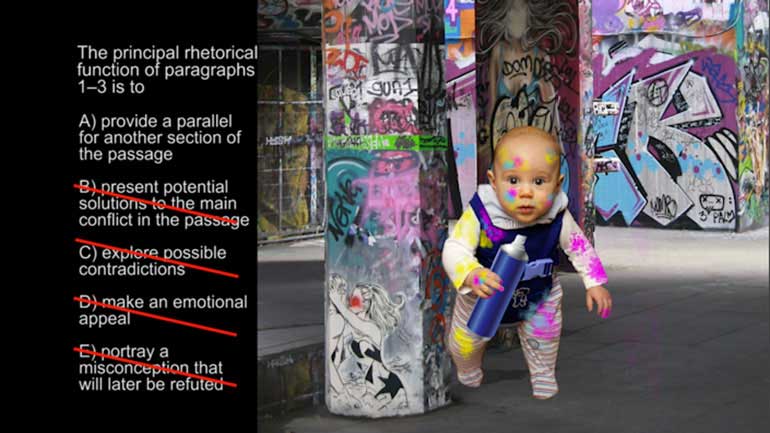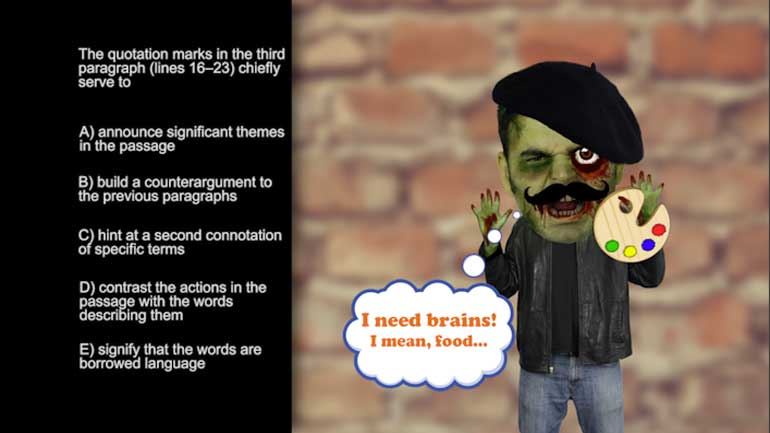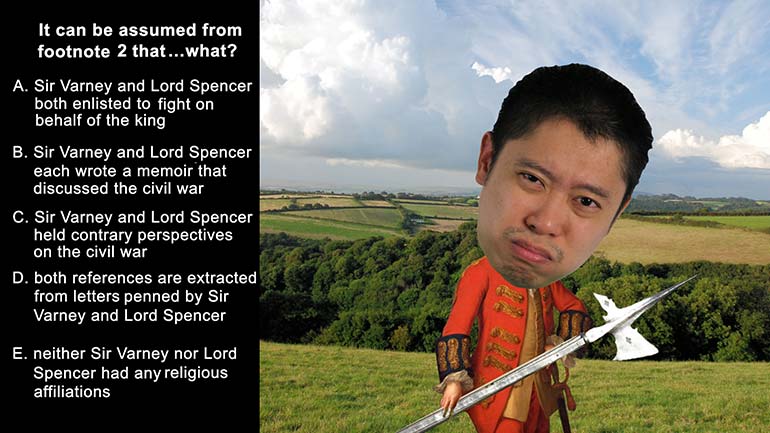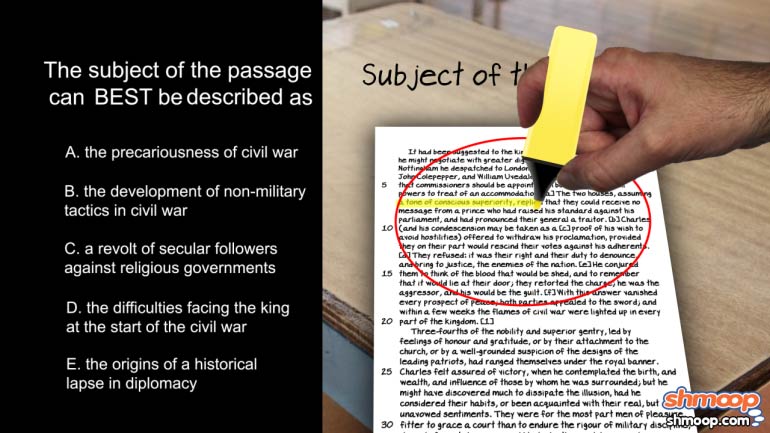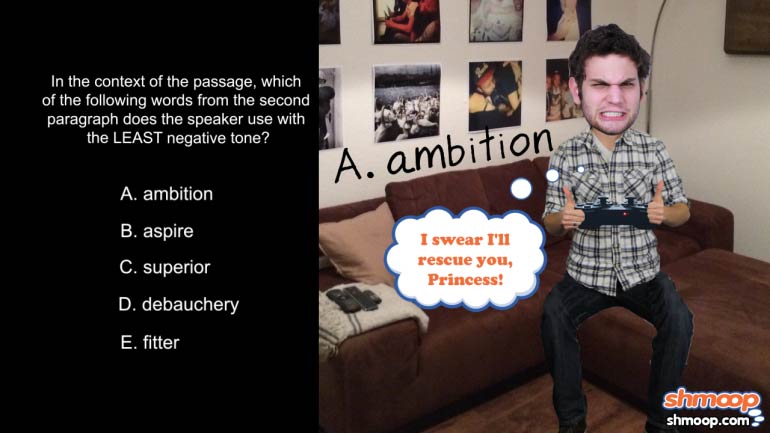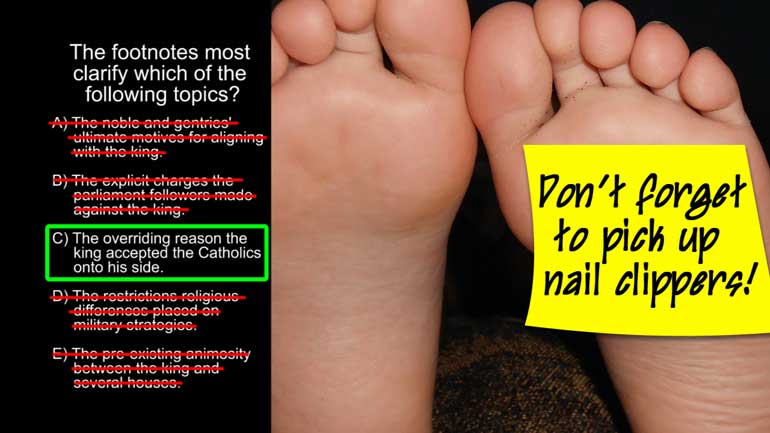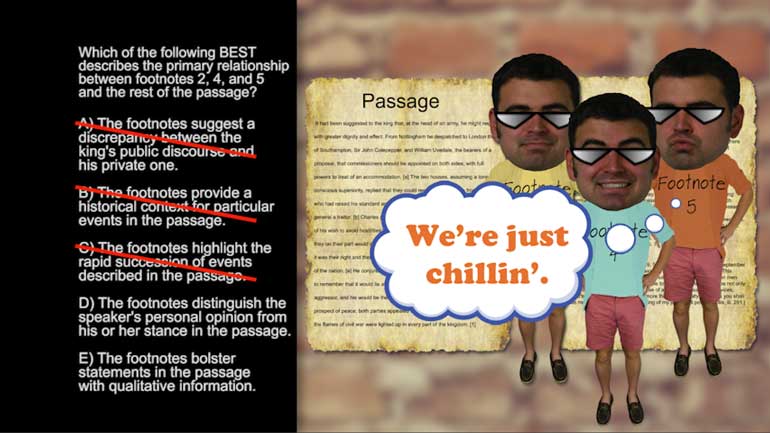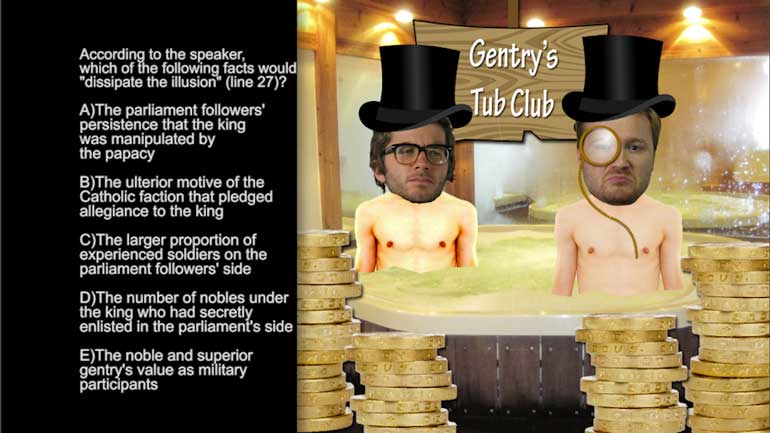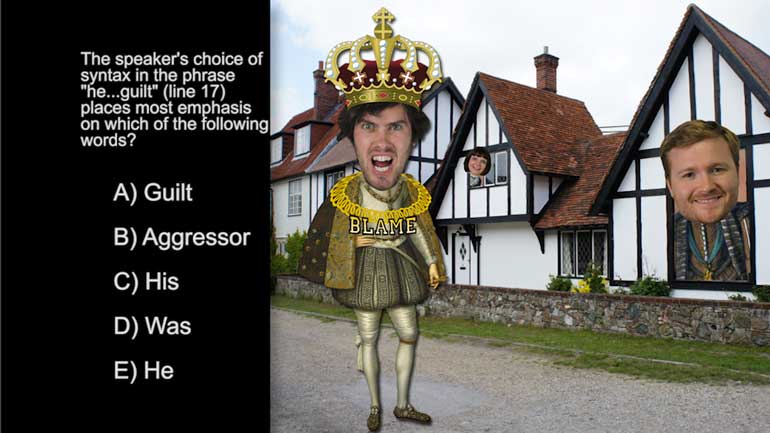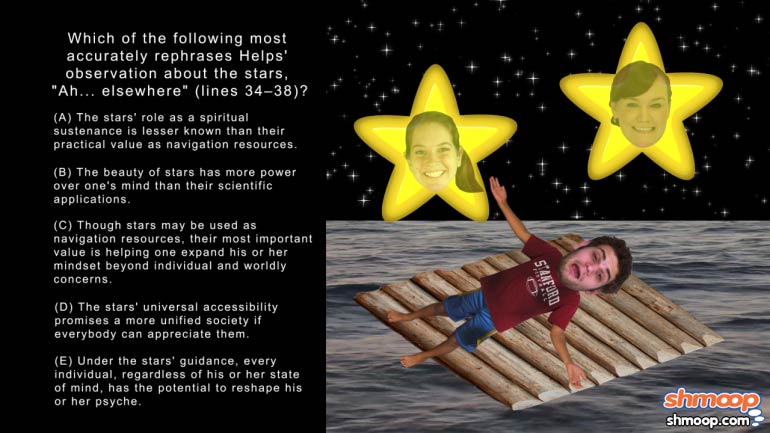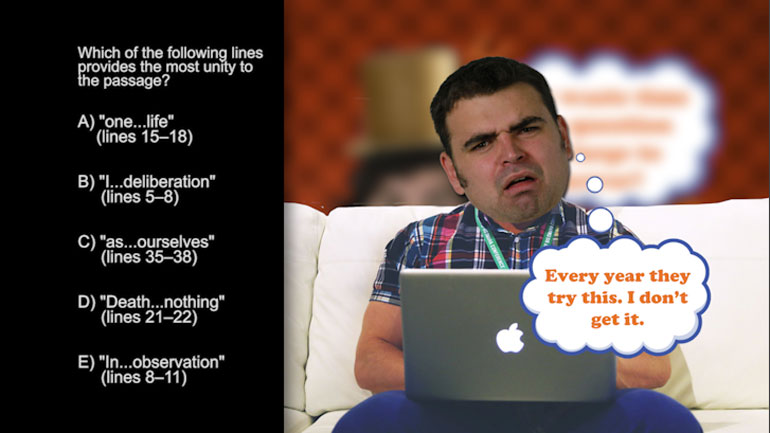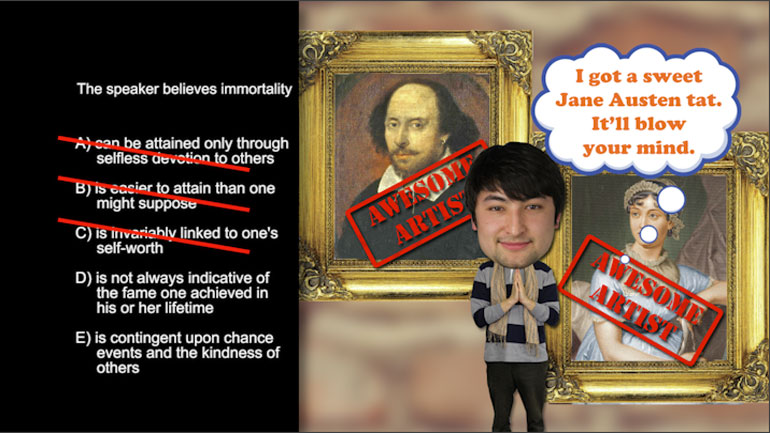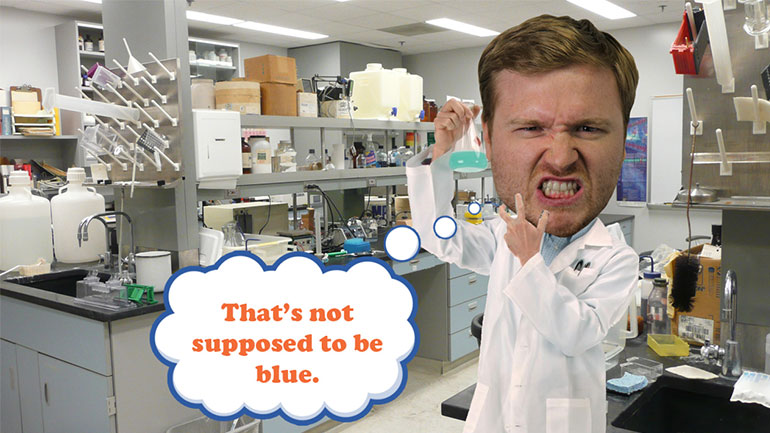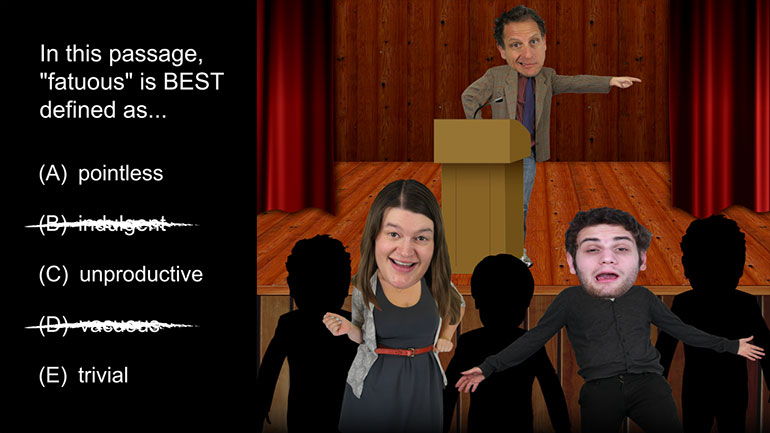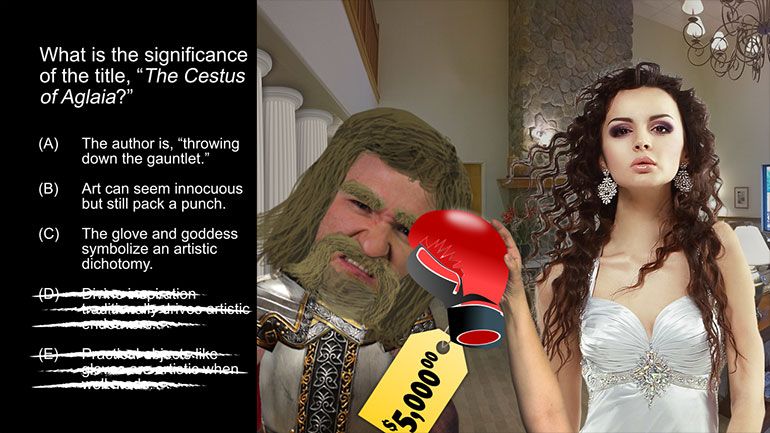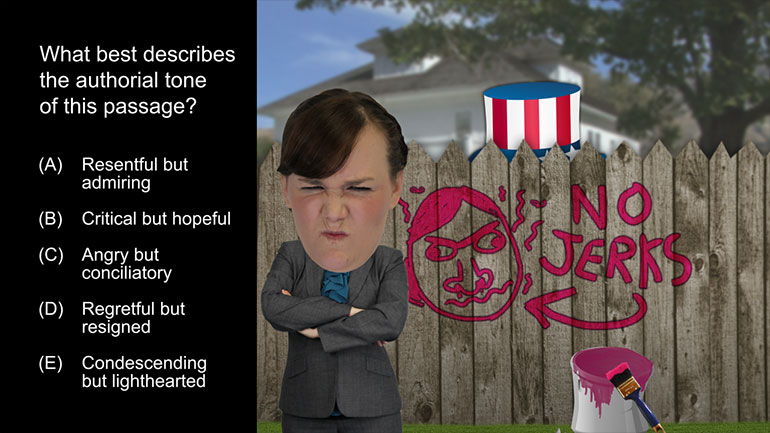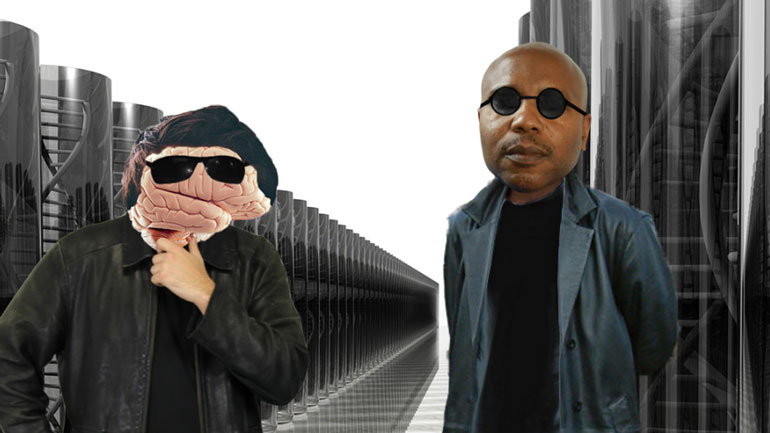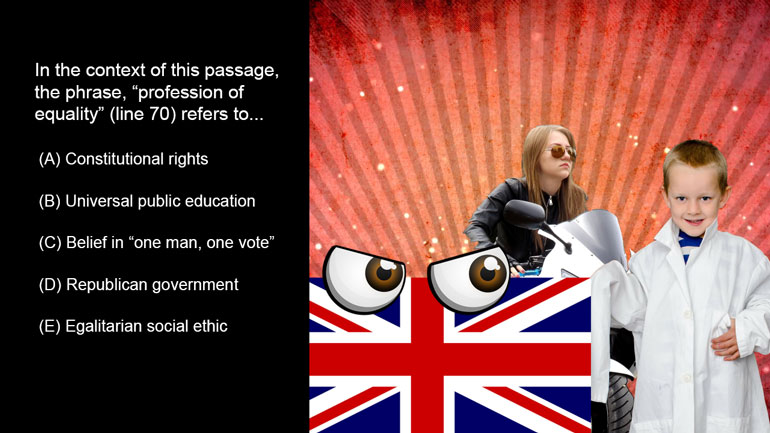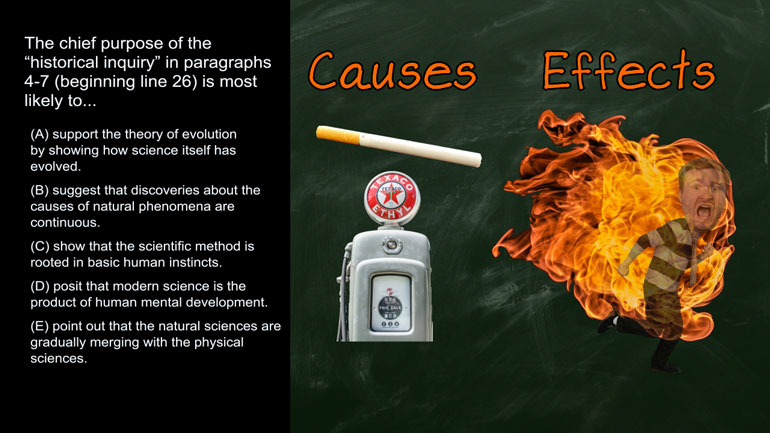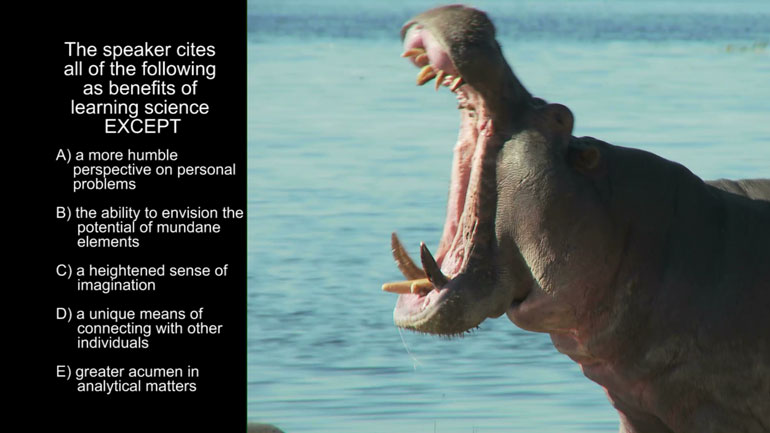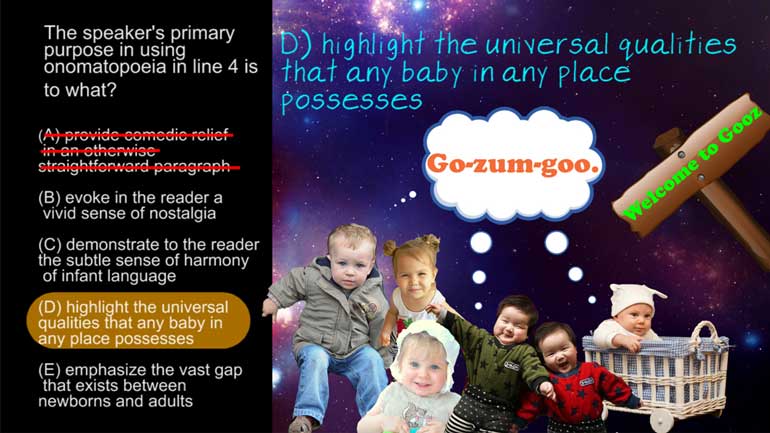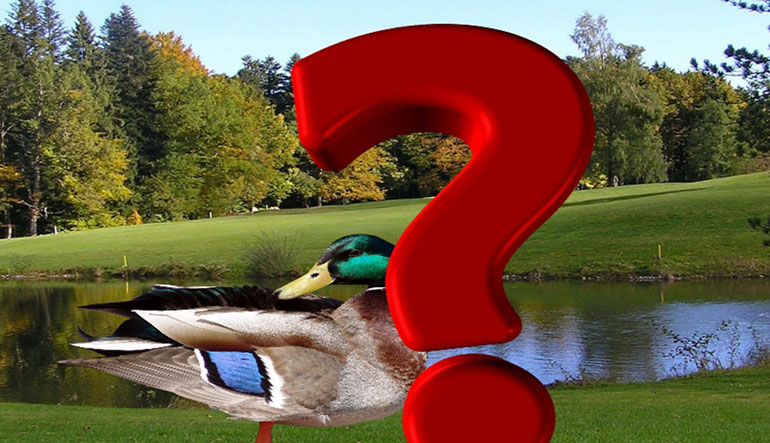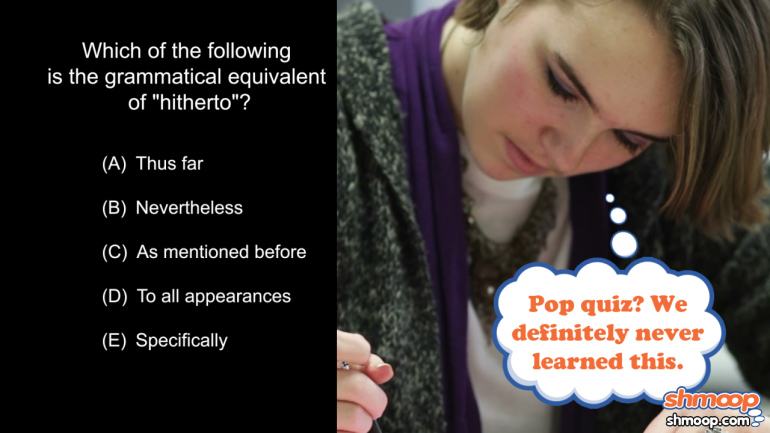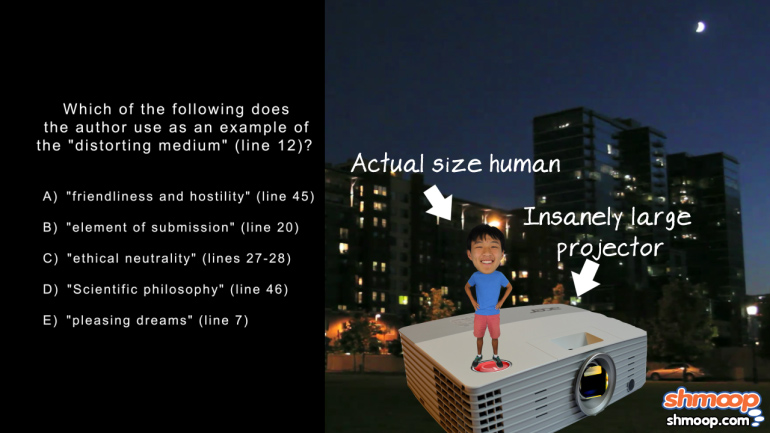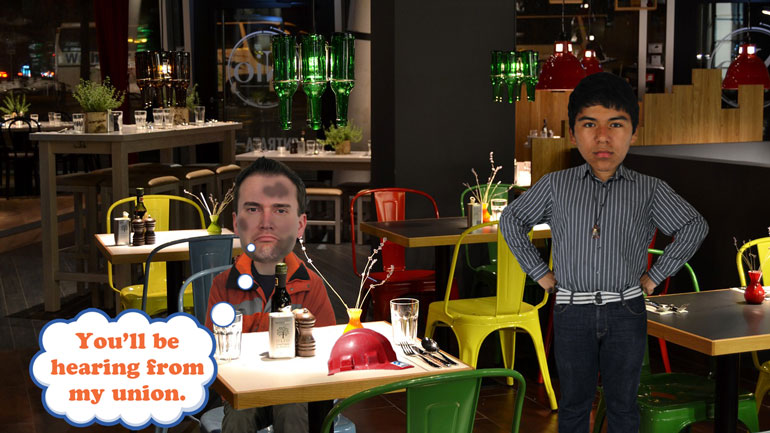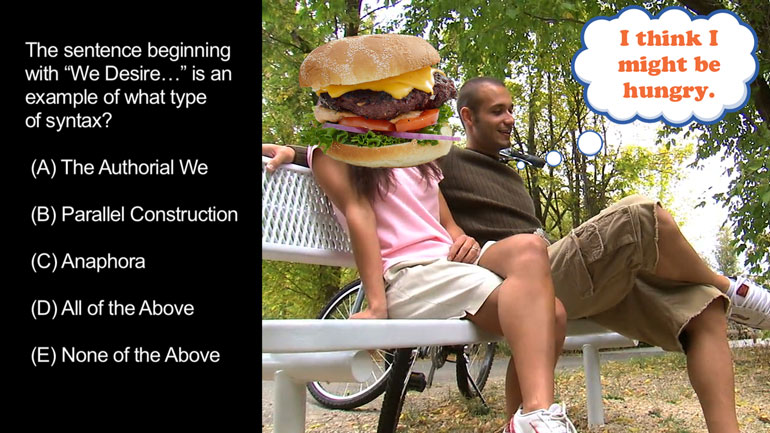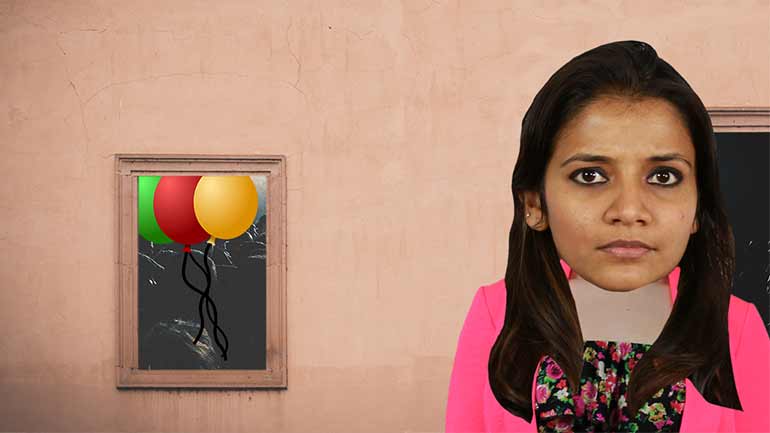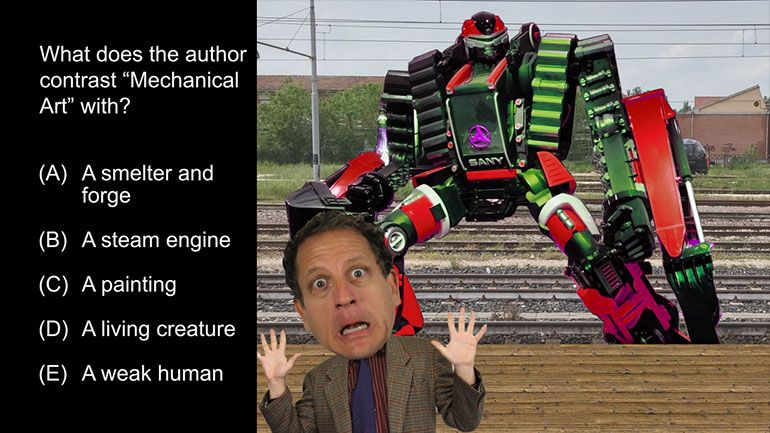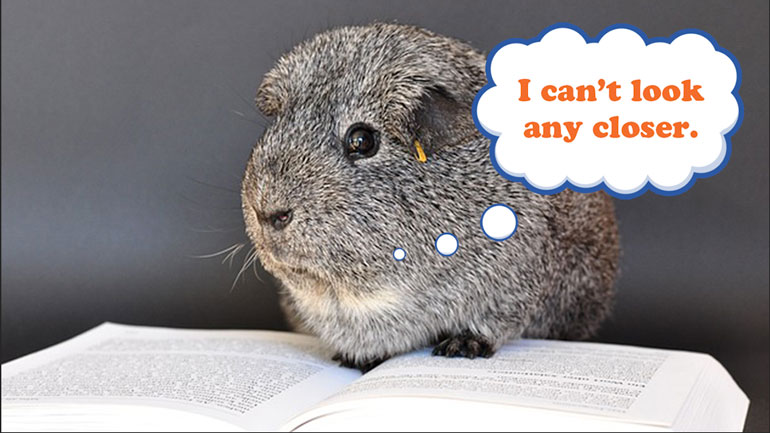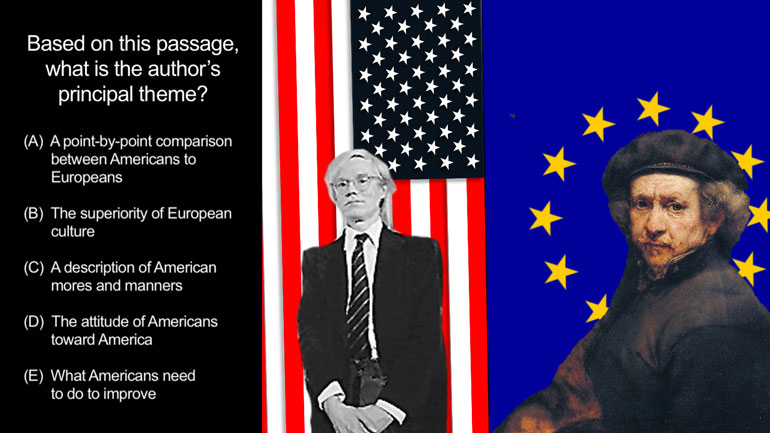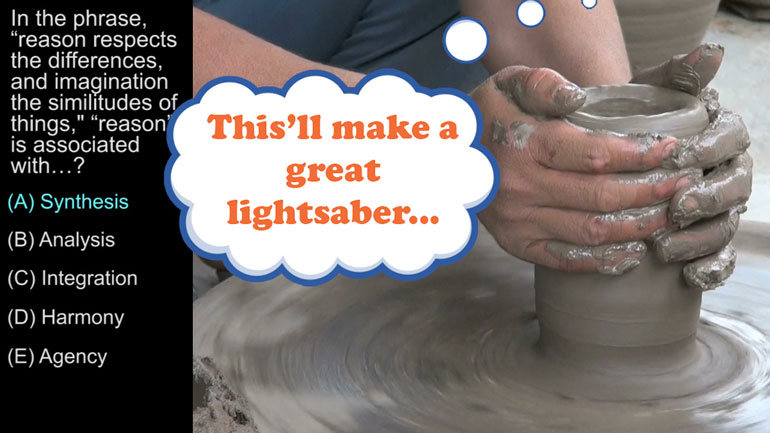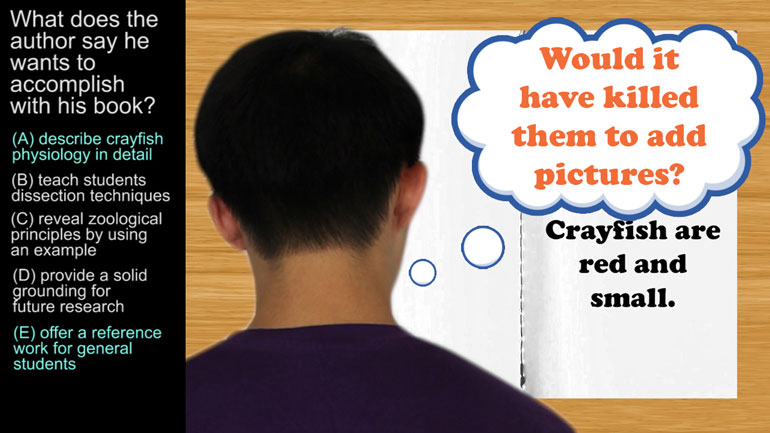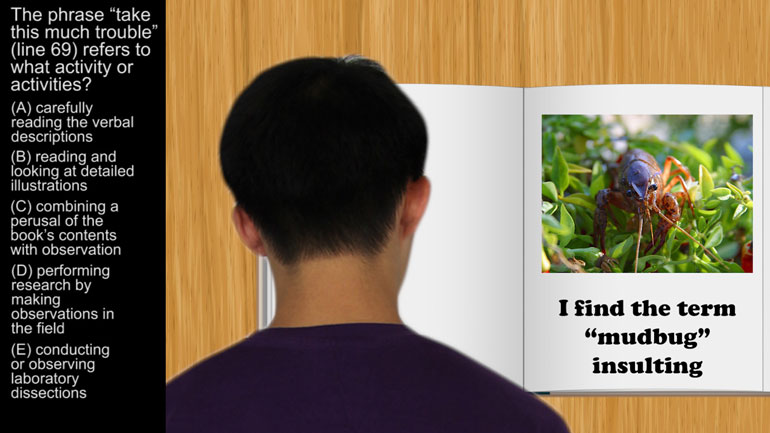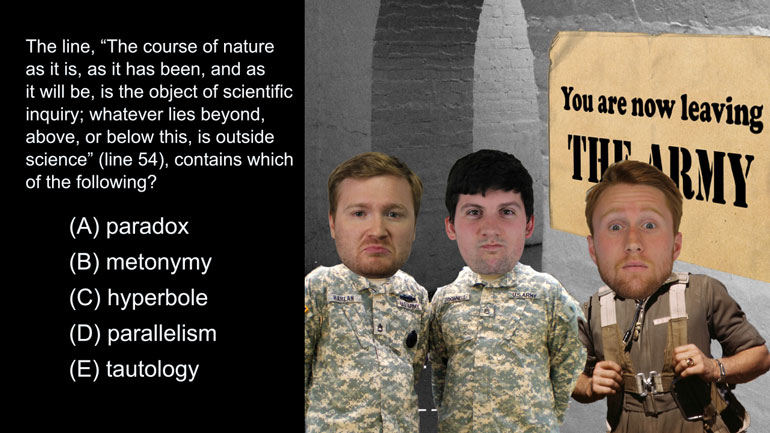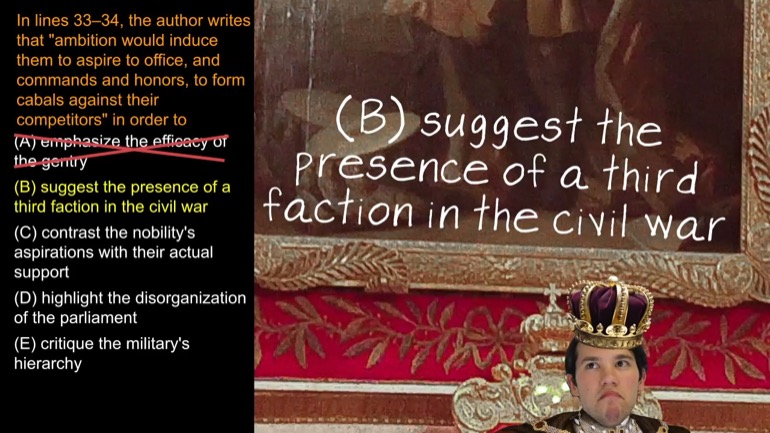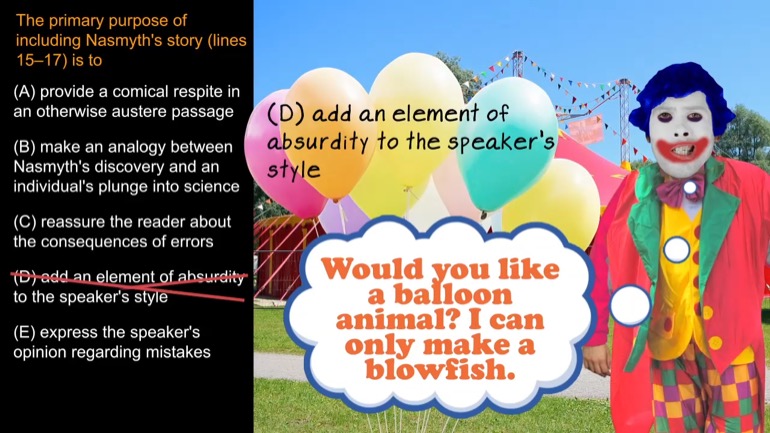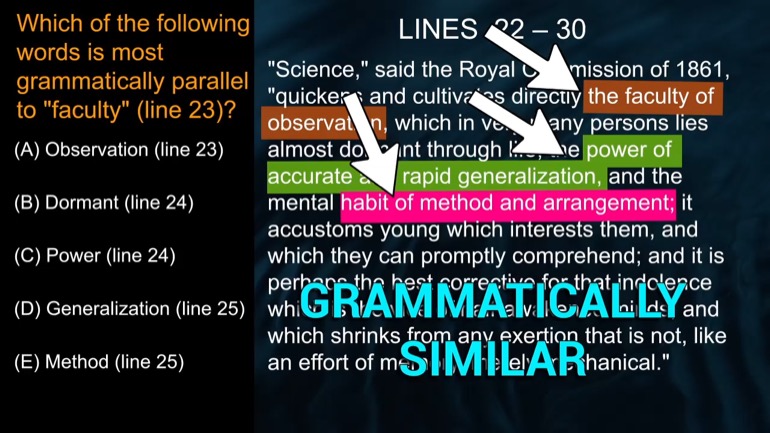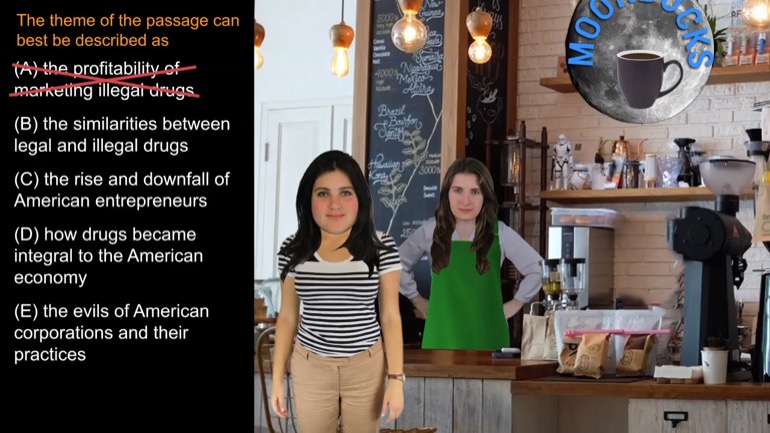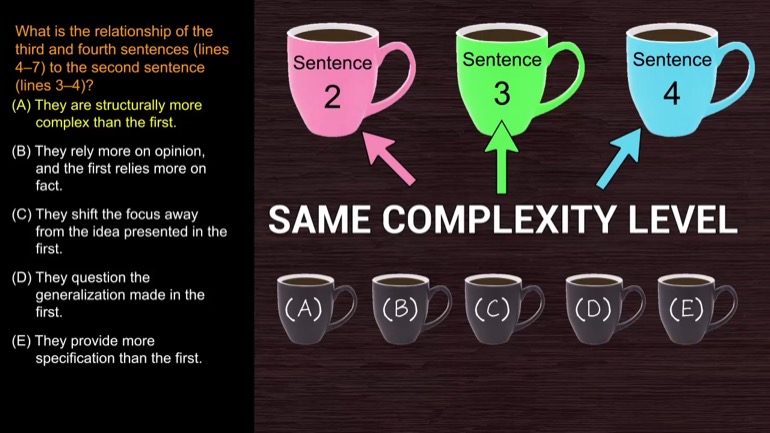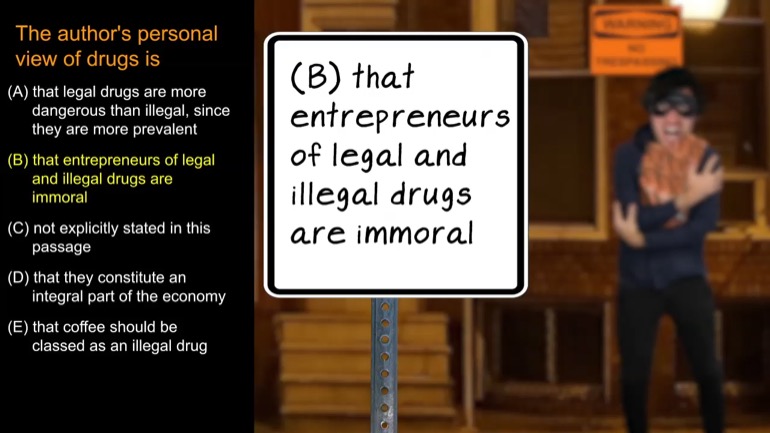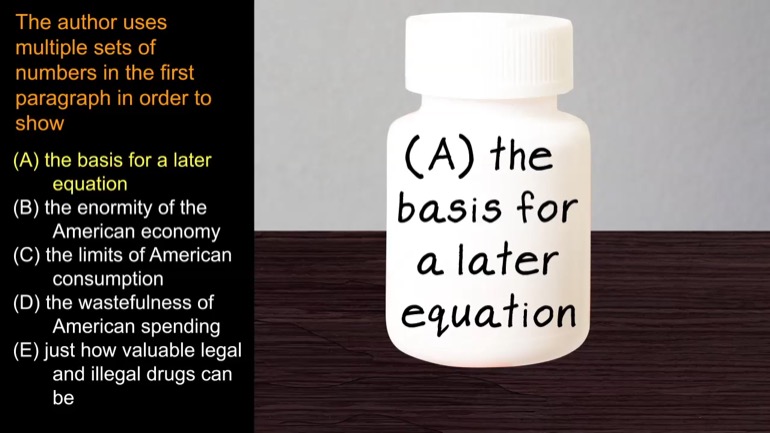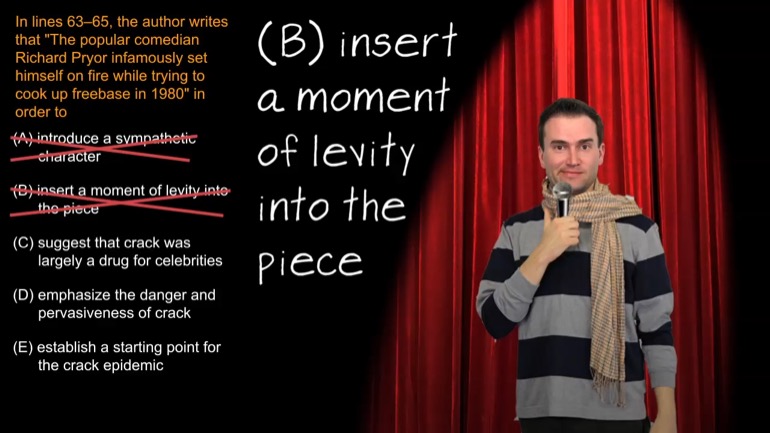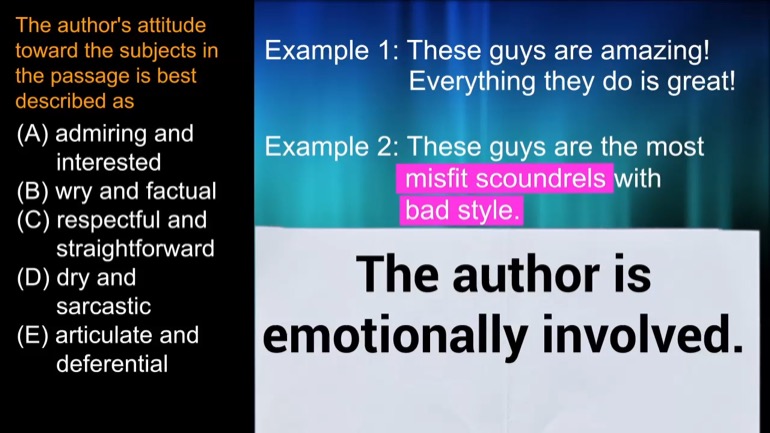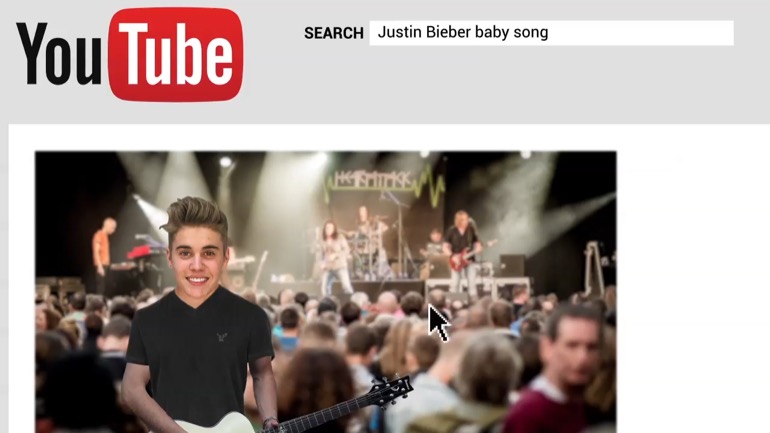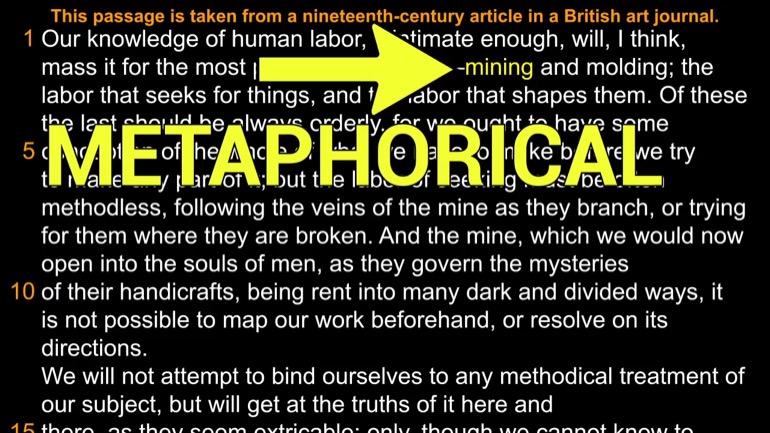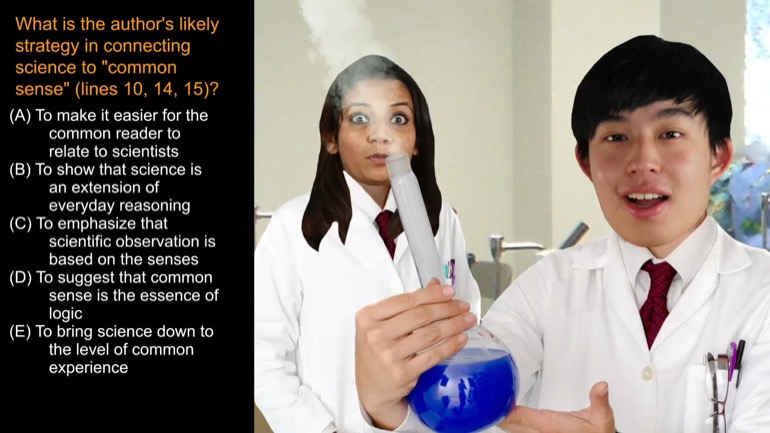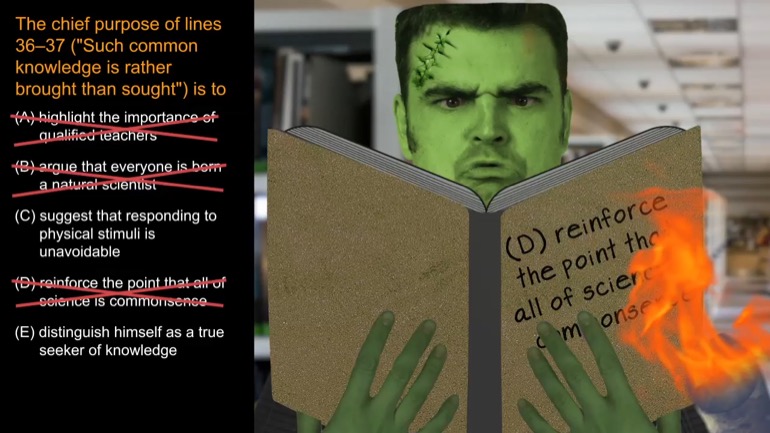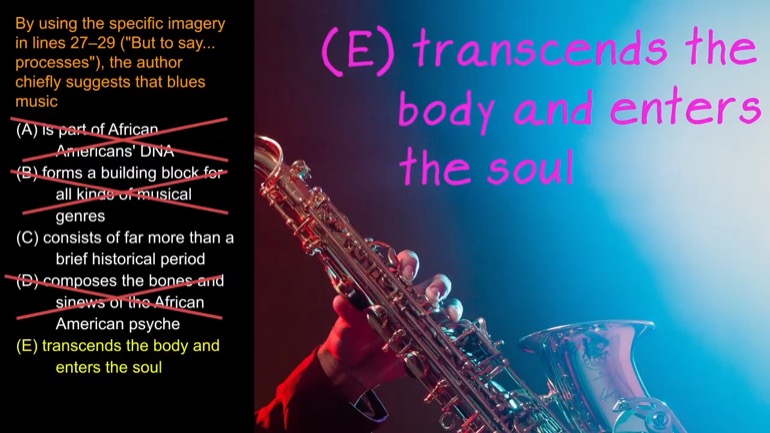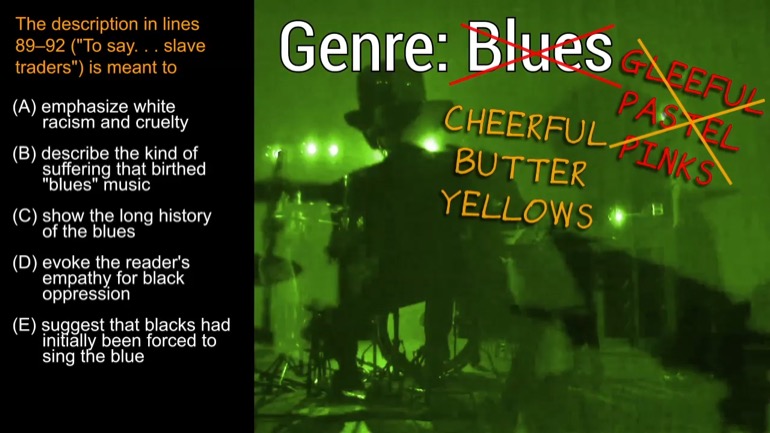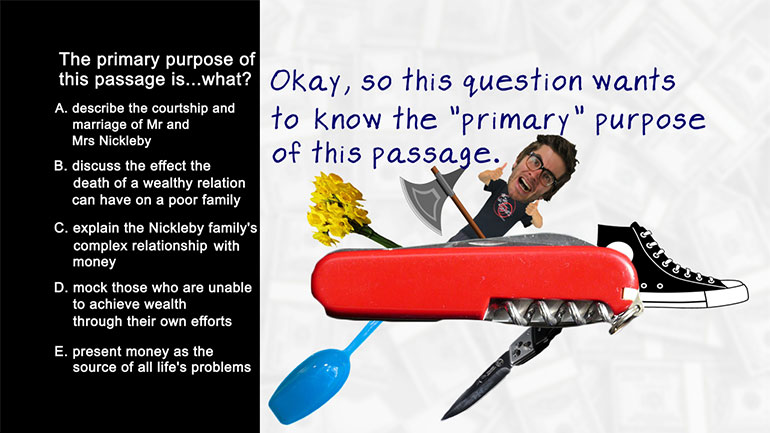ShmoopTube
Where Monty Python meets your 10th grade teacher.
Search Thousands of Shmoop Videos
Passage Drill Videos 153 videos
AP English Language and Composition: Passage Drill Drill 1, Problem 7. What is the principal rhetorical function of paragraphs one to three?
AP English Language and Composition: Passage Drill 1, Problem 8. The quotation marks in the third paragraph chiefly serve to what?
In this AP Language and Composition drill question, read the provided passage and infer information based upon footnote two. AP Language and Com...
AP English Language and Composition 7.5 Passage Drill 183 Views
Share It!
Description:
AP English Language and Composition 7.5 Passage Drill. What would be the best explanation for what the author means by "the coarser pains and pleasures which they carry in their train"?
Transcript
- 00:04
here's your shmoop du jour brought to you by Frankenstein's monster
- 00:07
the reason the young doctor absolutely refuses to look under his bed all right [Young boy in bed scared]
- 00:12
check the following passage we're gonna check it out quickly skim one two three
- 00:16
all right one two three four five six we're done skimming okay what would be
- 00:29
the best explanation for what the author means by the courser pains and pleasures [Question appears]
Full Transcript
- 00:35
which they carry in their Train all right here the potential answers and
- 00:39
okay well before dissecting this quote let's
- 00:43
look back at what these lines are referring to since the first sentence of
- 00:47
paragraph five is still a bit vague let's just start a paragraph four well [Sentence highlighted in blue]
- 00:51
what we're talking about here is knowledge and according to the passage
- 00:54
the historian of every science or scientist as US less educated people [Man making a funny face]
- 00:59
called those fancy academics gets his smarts from the same place from within
- 01:05
whoa so in the good old days back when it was a simpler time knowledge was self [Man meditating on a cliff]
- 01:11
sown these fundamental emotions like pain or pleasure were the basis of our
- 01:15
interests me like me want me no like me no want monk sometimes we do things just [Man caring for an Xbox and man burning with a chore list]
- 01:21
because stuff seems interesting we've all been there well experiences in our
- 01:25
lives still shape the world around us even though we're wiser in this modern
- 01:29
future e interwebs day and age we still act on the impulse there's a little [Frankenstein's monster gets angry over video game]
- 01:33
caveman instinct in all of us UNK reason something we've developed over the years
- 01:39
helps us to pursue the things we're interested in but only if we're
- 01:43
interested this common knowledge we call logic and reasoning is not something we
- 01:47
consciously seek simply because it'll benefit us instead the author argues [Man and woman arguing]
- 01:51
that our natural curiosity leads us to pursue knowledge thesis guy is deep now
- 01:56
back to our answer choices decisions we make are still based on desire so cut a
- 02:02
intense emotions don't necessarily control our every thought so get rid of
- 02:06
C and E and acting on instinct doesn't mean our ideas are wrong though it could
- 02:11
lead to bad ideas from time to which means B is our answer basic [B answer circled in green]
- 02:16
emotions can lead to greater knowledge even though there might be a few
- 02:19
mistakes along the way [Scientist looking at man shaped hole in the wall]
Related Videos
AP English Language and Composition: Passage Drill Drill 1, Problem 2. What is the speaker's primary purpose in using onomatopoeia in line four?
AP English Literature and Composition 1.1 Passage Drill 7. The primary purpose of this passage is what?
Wishing upon a star may help you pass your AP English Language and Composition test, but answering this question would be a safer bet.
Take a look at this shmoopy question and see if you can figure out which device the speaker employs the most.
Feel like shifting gears and answering a question about shifting tones? We've got you covered. Take a look at this question and see if you can foll...
